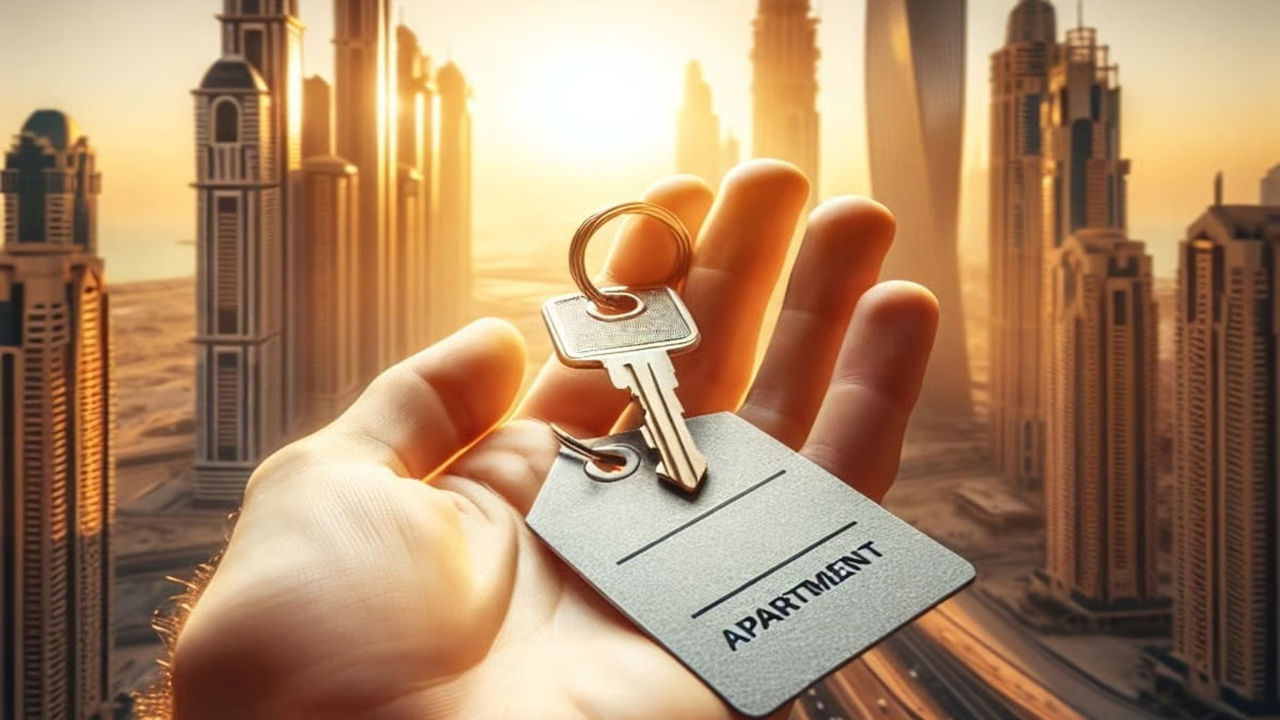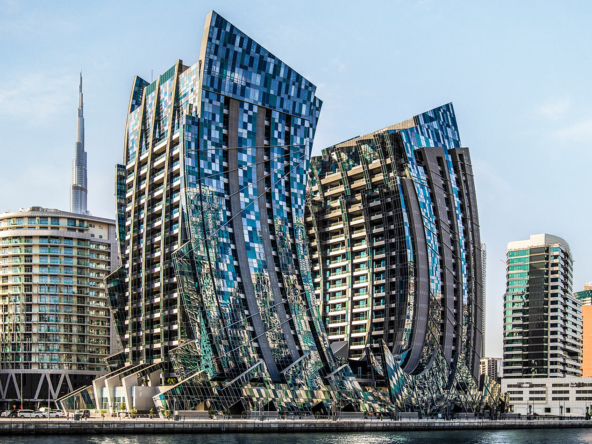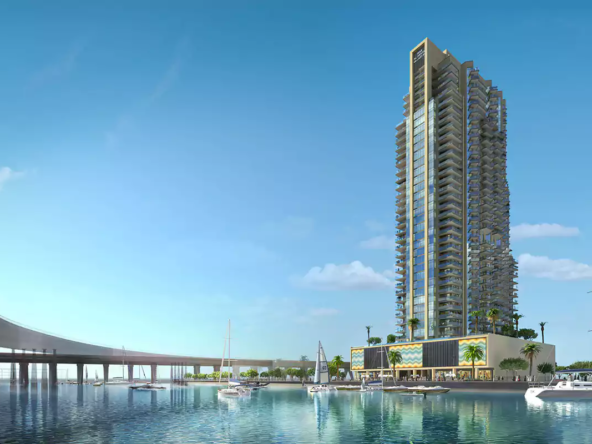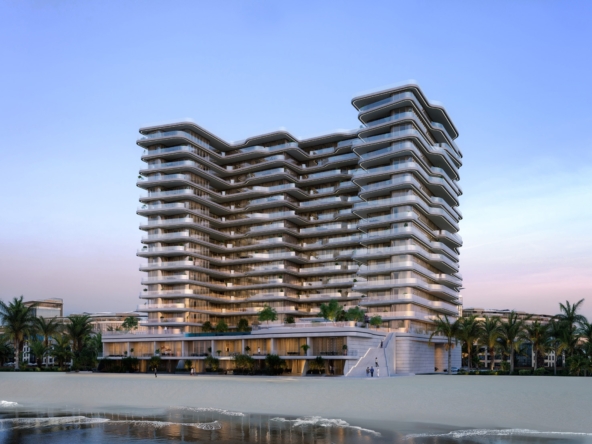The UAE’s real estate sector continues to assert itself as a key pillar of economic growth, driven by surging investor confidence, innovative government policies, and a thriving off-plan segment. Both Dubai and Abu Dhabi recorded exceptional performance in H1 2025, underscoring the country’s position as a premier global investment destination.
According to the latest JLL report, off-plan properties dominated sales, supported by robust secondary market activity and new project launches. Dubai’s property sales surged to AED153.7 billion ($41.9 billion) in Q2 2025 — a 44.5% year-on-year increase — while Abu Dhabi’s average sales prices climbed 12.1% during the same period.
Approximately 32,400 residential units are currently under construction across both emirates in H2 2025, reflecting sustained demand and the sector’s ability to meet rising housing needs. Leasing activity also remained stable, with Abu Dhabi and Dubai recording 9.4% and 11.5% year-on-year increases in lease contracts respectively, as tenants favored renewals.
Beyond residential, the UAE is seeing strong momentum in industrial, logistics, and office real estate. Abu Dhabi added 78,000 sqm of office space in Q2, while Dubai reached a total of 9.3 million sqm — with an additional 264,000 sqm of premium office space coming to DIFC by 2026, strengthening its role as a regional financial hub.
A Statista report projects the UAE real estate market to reach $693.53 billion by the end of 2025, with residential real estate leading at $401.81 billion. The market is forecasted to expand to $759 billion by 2029, reflecting an annual growth rate of 2.28%. Meanwhile, Mordor Intelligence estimates the real estate services sector will grow from $18.45 billion in 2025 to $24.75 billion by 2030 at a 6.05% CAGR.
Key drivers include:
- Government Initiatives – Golden Visa tied to property ownership, blockchain-enabled property transactions, and investor-friendly legislation.
- Diversification – Expanding demand for logistics assets, data centers, and premium mixed-use projects.
- Strong Investor Demand – High-net-worth individuals fueling growth in luxury villas, waterfront residences, and branded apartments.
- Upcoming Supply – Over 150,000 new homes expected in Dubai between 2025–2027, creating more buyer choice and moderating price growth.
Emerging emirates like Ras Al Khaimah, Sharjah, and Ajman are becoming increasingly attractive due to competitive pricing and new infrastructure projects, expanding the country’s investment landscape beyond the traditional Dubai–Abu Dhabi core.
Overall, the UAE real estate market is on track to achieve another record-breaking year, with off-plan sales, new development launches, and innovative financing options continuing to attract local and international investors.




